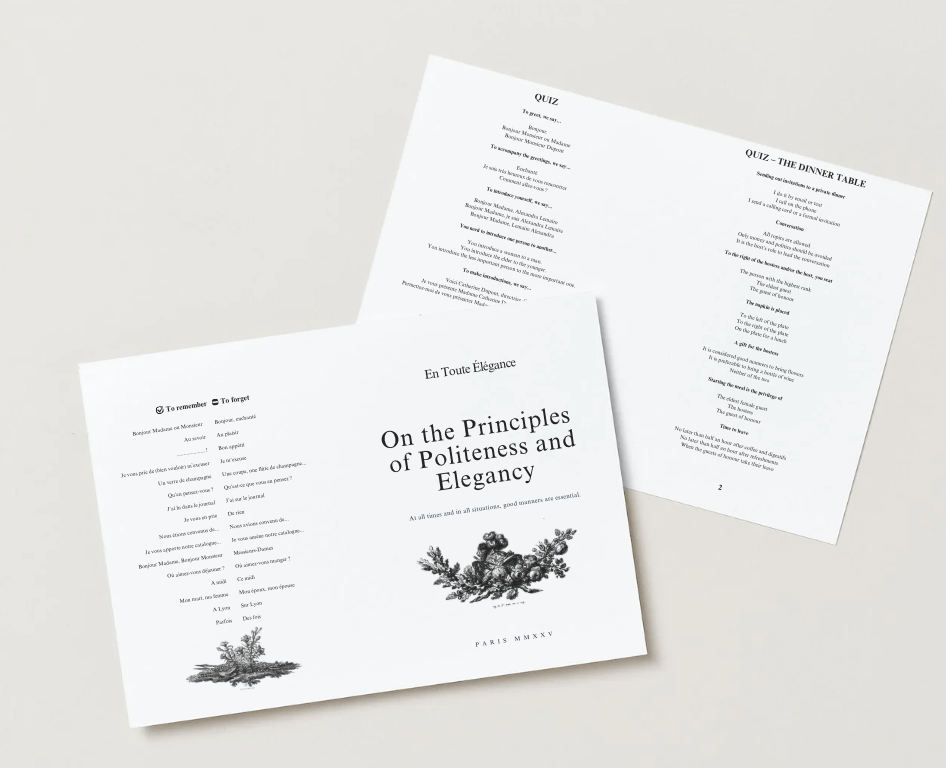Richard III, in Shakespeare’s depiction, is a deeply ambitious and Machiavellian character whose pursuit of power leads him to manipulate, deceive, and even murder to achieve his ends.
His conduct throughout the play is far from the principles of savoir-vivre, which emphasize respect, propriety, and thoughtful consideration of others. If Richard III contrasts sharply with the concept of savoir-vivre, it’s because the title encapsulates a disregard for the decorum that makes social interactions flourish.
Indeed, savoir-vivre can make you miss—or, rather, lose—your little kingdom, professionally speaking, of course.
 This is why it is essential, at any cost (though not excessively), to update or learn how to interact according to modern etiquette. In the business world, for instance, effective communication and proper behavior can make or break a career. A lack of awareness or respect for these social conventions can lead to misunderstandings or a tarnished reputation.
This is why it is essential, at any cost (though not excessively), to update or learn how to interact according to modern etiquette. In the business world, for instance, effective communication and proper behavior can make or break a career. A lack of awareness or respect for these social conventions can lead to misunderstandings or a tarnished reputation.
Moreover, savoir-vivre isn’t just about following rules; it’s about making others feel comfortable and respected, which in turn fosters trust and collaboration.
People are more likely to engage with you positively when they feel valued.
Furthermore, etiquette is not a rigid system, but rather a set of guidelines that evolves with time and culture. Staying up to date with these shifts allows individuals to navigate various social and professional situations with confidence.
In Richard III’s case, his relentless ambition blinds him to the importance of these subtleties. His eventual downfall illustrates that even the most cunning plans are vulnerable when they lack the balance of social intelligence.
Thus, Richard’s disregard for savoir-vivre serves as a cautionary tale: power obtained without the grace of consideration for others may be fleeting.


